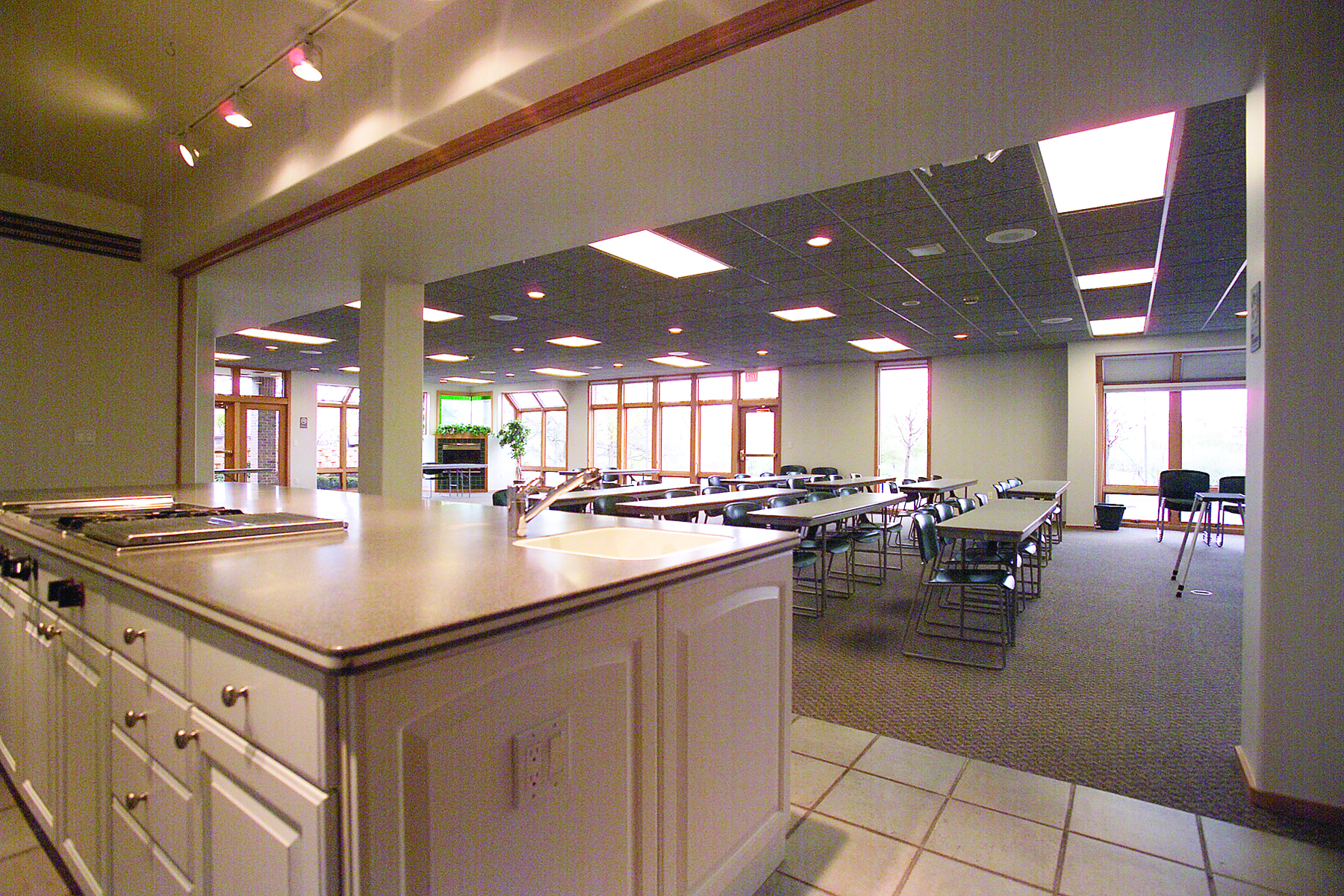All 83 counties in Michigan are getting hotter, and a report released Tuesday predicts it will only get worse, as the number of days with heat indexes over 90 degrees will quadruple in the next 20 years. The report from the Union of Concerned Scientists, a Massachusetts-based nonprofit science advocacy group, predicts extreme temperatures will soar nationwide if nothing is done to curb climate change. The impact could be devastating for Michigan: destroyed crops, an increase in disease-bearing insects, dangerous conditions for outdoor workers, and rising death rates, according to the report.
Between 1971 and 2000, Michigan averaged eight days a year with heat indexes above 90 degrees Fahrenheit. By midcentury, that will rise to 34 days per year if no action is taken to stem greenhouse gases linked to climate change, the report claims. Cities in southern Michigan – Benton Harbor, Kalamazoo and Monroe – would have the most days with 100 degree-plus heat indexes, a measure that factors humidity into temperature to gauge how weather feels. Urban areas have a “unique vulnerability,” due to a phenomenon known as the heat island effect, said Rachel Licker, a senior climate scientist at the Union of Concerned Scientists and a co-author on the report.
Washtenaw County has historically had 13 days over 90°. Under the “no action” scenario, we would see 51 days over 90°! With rapid action, we could reduce the number of extreme heat days by 10.
Jennifer Morse, the medical director for the Central Michigan District Health Department, oversees 12 counties including Roscommon. She worries that rising heat would hurt a variety of demographics. “When we have high heat index days, a big population that really suffers is our elderly population,” said Morse. “They are just very susceptible to heat changes.” The report warns that communities of color, such as Benton Harbor, are particularly vulnerable to extreme heat because of limited access to cooling or healthcare centers.
The report parallels the Paris Agreement, a United Nations goal to limit the global temperature increase this century to well below 3.6 degrees Fahrenheit, and predicts scenarios if there is “slow” or “rapid” actions to limit emissions. Without any effort to reduce global warming, the Union of Concerned Scientists predicts that 8.7 million people – nearly 90 percent of Michigan’s population – would experience a heat index of 100 degrees for a month or more per year by the end of the century. Nationwide, one-third of the United States would experience “off-the-charts” heat by the late century if nothing is done. “Off-the-charts” conditions refer to when the temperature is so high that it exceeds the National Weather Service’s heat index calculations.
A similar report by the Michigan Department of Health and Human Services and the University of Michigan predicts that extreme heat mortality in Michigan will increase from 33 to 240 deaths annually by midcentury, if nothing is done to combat climate change. The report includes any death prompted by extreme heat in the mortality rate, not just those from heatstroke. Along with outdoor workers, children, the elderly, low-income communities and those with pre-existing health conditions, such as respiratory or cardiovascular illness, are at a greater risk for heat-related death.
The extreme heat would be avoided with rapid action, and limited with slow action: an average of six days a year in Michigan with an average heat index above 100 degrees and 26 days above 90 degrees by midcentury. To curb the effects of the climbing heat rates, the global warming average would need to be limited to 3.6 degrees Fahrenheit, per the “rapid” action plan. If done so successfully, by late century about 115 million less people would experience over a week of “off-the-charts” heat.
“If we don’t take action to reduce global warming emissions now, we’re really setting ourselves up for a dramatically different future,” Licker said. “And it’s one that would have implications for health, for many economic sectors, and our day-to-day activities.”
Report adapted from: www.bridgemi.com/michigan-environment-watch/think-its-hot-now-michigans-90deg-days-could-quadruple-20-years








